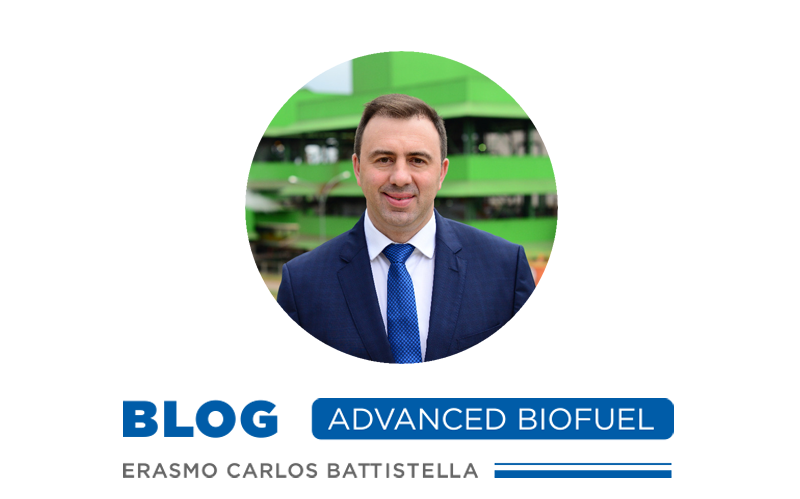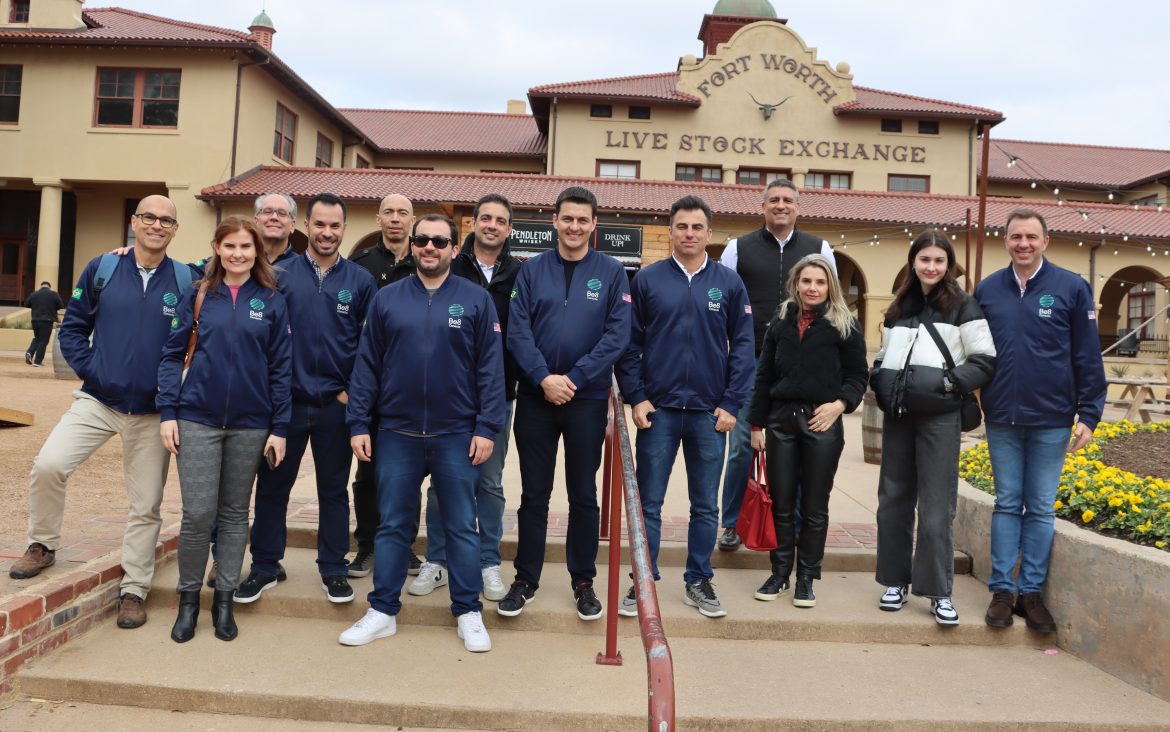A year ago, I stated during the Clean Fuels Conference in Tampa, Florida, that Brazil was 10 years behind compared to advances in the biofuels sector in the United States. Today Be8, a member of Clean Fuels Alliance America, returns to the conference here in Fort Worth, Texas, starting from a more favorable energy transition environment in Brazil, but still falling short of what the sector needs.
Be8 is once again present, taking a group of fuel distributor clients in Brazil to expand knowledge about the most advanced development of biofuels, the best and only way to decarbonize the liquid transport industry with current technology .
The event starts this Monday (05/02) and runs until the 8th and connects (“Connected Energies” is the theme of this edition) the main participants in the biodiesel, renewable diesel and sustainable aviation fuel industries and reminds us of the how much we have to advance in Brazil and South America.
Here in Brazil, we will breathe cleaner air from March with the increase in the biodiesel mixture to 14% (B14) when we should already be reaping the benefits of B15. This is a process of rebuilding a positive transition perspective after being frozen in a mixture of B10 in 2022 and the resumption of B12 last year.
Fuel of the Future
We await the approval of the Future Fuel Program Bill, which brings a set of initiatives to promote sustainable low-carbon mobility and will help Brazil achieve international targets for reducing greenhouse gas (GHG) emissions. ). The proposed law provides for an increase in the percentage of biodiesel in the mixture with diesel oil by up to 20% and is an umbrella for a series of energy transition initiatives.
It creates the opportunity to introduce new biofuels into the national energy matrix and defines the carbon capture model. These initiatives will effectively transform Brazil into a bioenergy, agroenergy and biofuel production powerhouse.
But when we look at the agenda for this conference in the United States, we realize how we still need to move faster.
“The clean fuels industry has witnessed significant growth in recent years, driven by a global push to reduce carbon emissions and promote environmental sustainability,” highlighted Donnell Rehagen, CEO of Clean Fuels Alliance America before the event began. “This growth is driven by increased investment, technological advances, policies and a growing awareness of the need for low-carbon alternatives”, analyzed the host. He highlighted the exponential growth of green diesel (HVO) and sustainable aviation fuel (SAF), and the maturity of biodiesel as an opportunity to “unlock substantial new markets in the near future.”
Global Agency
I am articulating here with my colleagues the strengthening of the creation of the Global Biofuels Agency, which should concentrate efforts to promote the adoption of renewable fuels in the global energy matrix, as proposed by the Brazilian government during the World Economic Forum, held in Davos, in Switzerland, in a meeting with authorities from countries that make up the Global Biofuels Alliance. With Brazil’s presidency of the G20, we can promote this agenda with the aim of consolidating the production of biofuels around the world.
At the Conference, a rich roster of top-tier experts will delve deeper into issues such as exploring new markets, the impact of federal and state policies on the adoption of clean fuels, corporate commitments to sustainability, and advances in greenhouse gas accounting. Participants include clean fuel producers and traders, distributors, raw material suppliers, fleet managers, original equipment manufacturers, environmental, social and governance officials and press representatives.
The theme of Energy Transition is global and we are here in Texas feeding on good energy so that this year Brazil, at the head of the G20, and South America can take on their roles as protagonists in the decarbonization of the planet.

